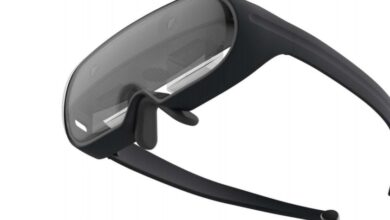

Concerns over astronaut Sunita Williams’ health have surfaced after a recent photo from the International Space Station (ISS) revealed her appearing notably thin, prompting alarm among space enthusiasts and medical professionals alike. Williams, who is now 59, was initially set to spend just eight days aboard Boeing’s Starliner alongside fellow astronaut Barry Wilmore. However, a malfunction has left them stranded in orbit since June 6, with Williams now marking over 150 days in space.
The Health Toll of Extended Space Missions
Prolonged exposure to space’s unique conditions has begun to visibly impact Williams. Dr. Vinay Gupta, a Seattle-based pulmonologist, reviewed her recent image and expressed concern, noting signs of significant weight loss. He explained that in the zero-gravity environment, the body burns more calories as it adjusts to the physiological demands of space. Despite a high-calorie diet, Williams appears to be struggling with what Dr. Gupta suspects is a caloric deficit, a common issue in space that could affect her well-being.
“Space demands more from the body,” Dr. Gupta explained. “Your metabolism ramps up just to cope with the environment, leading to higher calorie requirements.” He added that factors like reduced oxygen levels and a faster metabolic rate in response to the cold can add extra stress, further straining the body’s energy reserves. To counteract muscle and bone loss, ISS crew members perform 2.5 hours of daily exercise, which, although necessary, could be depleting Williams’ calorie intake further.
Health Challenges Unique to Female Astronauts
Williams’ situation is particularly concerning in light of recent studies indicating that space travel impacts men and women differently. Research from NASA has shown that female astronauts may suffer more pronounced losses in blood plasma and muscle mass than their male counterparts. A study by Ball University observed that women show greater muscle degradation within shorter periods in simulated weightlessness, underscoring the need for gender-specific health strategies during extended missions.
These findings raise questions about the unique demands space places on female astronauts and highlight the importance of tailored health support for long-duration missions. With Williams still awaiting a safe return, NASA is likely monitoring her health with urgency, particularly given the recent hospitalization of another astronaut following an extended ISS stay.
As the world watches and waits for her safe return, Sunita Williams’ story reminds us of the formidable challenges astronauts face in their pursuit of discovery, underscoring the need for innovative health solutions to protect those on the frontier of human exploration.






